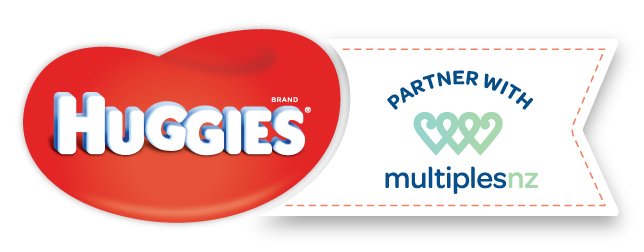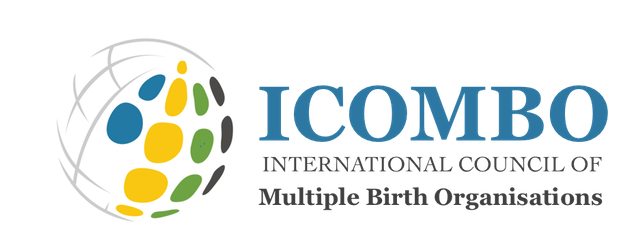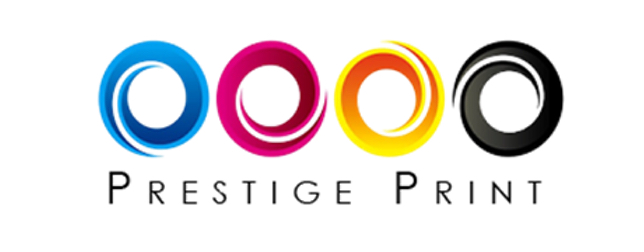There is Government help for parents of multiples
Three government agencies, Work and Income, Inland Revenue and the Ministry of Education provide financial support to families of multiples. Click on the links below to find out more.
Work and Income Multiple Birth Home Help Payments
The Work and Income Multiple Birth Home Help Payments are available to help families of multiples with the cost of home help to complete household tasks normally performed in the home, such as cleaning, cooking and doing the laundry. This benefit is not means tested. New Zealand citizens or permanent resident are eligible if they have given birth to twins or adopted twins and have another child under the age of five years old, or have given birth to or have adopted triplets, or higher order multiples.
Parents of twins can get 240 hours, to be used within 12 months. Those who have given birth to triplets or more are entitled to 1560 hours, to be used within 24 months. Home help is granted from the date that the babies are born if they are born at home, or from the date that they are discharged from the hospital.
You may use your allotted hours in any way that suits your family needs, such as short term full-time help, or longer term part-time help. However, there is no further entitlement once the hours are used up or once the maximum period has ended. It is strongly recommended that parents begin the application process before their multiples are born, and have a home helper in mind—suggestions from multiple birth clubs include employing senior high school or university students, or advertising on a local supermarket notice board, or to use a home-based childcare company or nanny organisation, such as PORSE. Most multiple birth clubs will be able to provide the application forms, and help you complete them, or you can contact Work and Income.
To download a factsheet on Multiple Birth Home Help Payments, [download id=”1826″ template=”Home Help Fact Sheet March 2020″].
To download the WINZ Home Help Application Form,[download id=”1993″ template=”WINZ Home Help Application Form”]
To download the WINZ Home Help Timesheet, [download id=”1986″]
Working for Families Tax Credits (Inland Revenue)
Inland Revenue offers Working for Families Tax Credits. These four types of payments are for families with dependent children 18 years or younger. As a family with new multiples, you may be entitled to these payments, which depend on the age and number of dependent children you care for, and your total family income and where it comes from.
The payments include:
- Family Tax Credits—ongoing financial support for families, available for parents who are working, or on a benefit.
- In-Work Tax Credits—a payment for families with dependent children, where at least one parent is working for salary or wages, or are self-employed, and working for a minimum number of hours each week (couples must work at least 30 hours; single parents, at least 20 hours).
- Minimum Family Tax Credit—a payment to ensure a that the total annual income for families with dependent children does not fall below $22,568 (after tax), provided a couples works a minimum of 30 hours per week, and single parents at least 20 hours a week.
- Parental Tax Credit—this payment helps with the costs of a new baby for eight weeks after your baby is born, and is income dependent.
Working for Families Tax Credits can be paid weekly, fortnightly or annually.
To download a factsheet on Working for Families Tax Credits, click here.
Help with Childcare Costs (Work and Income and the MoE)
Ministry of Education funding and WINZ payments can help make quality childcare more affordable for multiple families, who need extra help to work or prepare for a working future, through study. This is provided through the Early Childhood Education (20 Hours ECE), and the Childcare and OSCAR Subsidies. These payments depend on the size of your family, your income, and how many hours a week your child goes to the service provider. The subsidies are paid directly to the service provider.
- Early Childhood Education (20 Hours ECE)—where the Government funds up to 20 hours a week of ECE for children aged 3-5 years attending an Early Childhood Education service. You can choose between receiving 20 Hours ECE, the Childcare Subsidy or a combination of both payments, but not both payments for the same hours. Early childhood education services include kindergartens, childcare centres, Te Kohanga Reo and in-home childcare providers.
- Childcare Subsidy—paid for pre-school children aged under 5 years and attending an early childhood programme for 3 or more hours a week, (or under 6 years if you get the Child Disability Allowance for them). You could get help with up to 9 hours of childcare a week and, in some cases, you could get up to 50 hours a week if you are working, studying, involved in a WINZ activity or are a night-shift, seriously ill or disabled, or caring for a child in hospital or a child you get the Child Disability Allowance for.
- OSCAR Subsidy—or Out of School Care and Recreation Subsidy, is for children aged 5-13 years (or up to 18 years if they receive the Child Disability Allowance),and helps towards the costs of before and after school care of up to 20 hours a week, and school holiday programmes of up to 50 hours a week. The same criteria for work, study, illness and disability apply as for the Childcare Subsidy. The service providing the care must be approved by the Ministry of Social Development
To download a factsheet on help with childcare costs from WINZ, click here.
Additional Financial Support (Work and Income)
A range of extra financial support is available from WINZ in special circumstances, including payments for accommodation, childcare for young parents and a range of grants.
- Accommodation Supplement—a weekly payment to helps with rent, board or the cost of owning a home. This payment is dependent on your income, assets, accommodation costs, family circumstances and location.
- Temporary Additional Support—a weekly payment to help someone who can’t meet their essential living costs from what they earn or from other sources. The payment depends on earnings, savings and assets, whether other help is available from WINZ, the types of costs being paid for and what a couple is doing to meet or reduce these costs, and a family’s current circumstances. This support may be paid for up to 13 weeks, and after this time, reapplied for.
- Special Needs Grant—apayment which helps people in difficult circumstances to pay for something when they have no other way of paying for it. The grant is based on your individual circumstances, and is for urgent and necessary needs, and where there is no other way to meet these costs; and depends on earnings, savings and assets. It includes a Medical Assistance – Special Needs Grant that can be used to purchase required medical equipment for your premature multiples, such as a breast pump.
- Transition to Work Grant—a payment, or series of payments, that helps people with the costs of moving into a job. It can help with the cost of looking for work, clothing and travel for job interviews, tools or clothing needed for work, relocation costs and living expenses until first pay. The grant depends on earnings, savings and assets.
To download a factsheet on Additional Financial Support from WINZ, click here.




